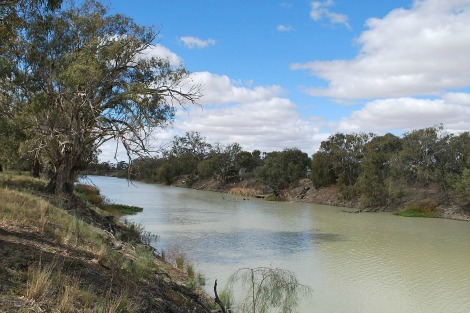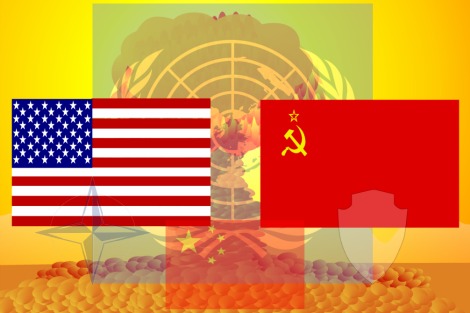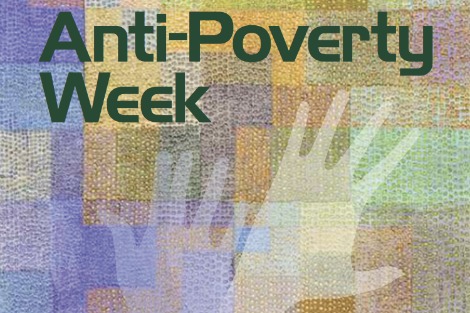Keywords: Framework
There are more than 200 results, only the first 200 are displayed here.
-

RELIGION
- Frank Brennan
- 03 December 2015
The consideration of medico-legal problems in the public square of a pluralistic democratic society keeping pace with profound technological change is often marked by simplistic assertions, precluding considerations of comprehensive world views, whether religious or philosophical. It is now commonplace for doctors to be told to leave their consciences at the door, as their patients are consumers and they are suppliers and of course the market decides. Debates about law and policy are often resolved with simplistic assertions about individual rights and autonomy, with little consideration for the public interest, the common good, and the doctor-patient relationship. Even conscience is said to be a matter for contracting out. This evening I ask whether there are more compelling ways to resolve medico-legal dilemmas, while conceding a limited role for law in determining the range of acceptable answers.
READ MORE
-

ENVIRONMENT
- Andrew Hamilton
- 12 November 2015
8 Comments
In recent reflection on the future path of Australia the common good has made a welcome return. At the same time the Turnbull Government has transferred responsibility for water resources, including the Murray-Darling Basin, from the Department of the Environment to the Department of Trade. The two things seem to be unrelated. But the concept of the common good has been embodied robustly in the Murray-Darling Basin plan and survives in the midst of continuing conflict.
READ MORE 
-

INTERNATIONAL
- Tony Kevin
- 09 November 2015
8 Comments
The US unipolar moment is ending. Real multipolarity is upon us, with Russia, China, India, Brazil, South Africa and Iran testing new multipolar arrangements for sharing world power. The US fears these changes, and would prefer to corral everybody back into the familiar bipolar camps of the past. This would be a disaster. Australia will benefit from a stable rules-based multipolar world, and our foreign policy can help build it. But we are going to have to take a few calculated risks along the way.
READ MORE 
-

ENVIRONMENT
- Nicholas Low
- 04 November 2015
20 Comments
Environmental justice will be part of the discussion in Paris this month. The principle of justice says each person is of equal value no matter which nation or ethnic group they belong to. Each Australian contributes 16 tonnes of carbon dioxide per year, while each Bangladeshi contributes a little more than a third of a tonne. If the principle of justice is applied, Australia will have to move from 16 tonnes per person to about a third of a tonne, roughly equivalent to what a Bangladeshi emits now.
READ MORE 
-

AUSTRALIA
- Frank Brennan
- 23 October 2015
4 Comments
Francis knows there are all sorts of issues inside and outside the Church where for too long people with power have tried to keep the lid on, in the hope that the problems and complexities will go away, often by parodying those who see the problems or complexities as small 'l' liberals or cafeteria Catholics. He delights in being joyful and troubled while contemplating big problems, calling people of good will to the table of deliberation reminding them of the kernel of the Christian gospels. He has the faith and hope needed to lift the lid without fear and without knowing the answers prior to the dialogue occurring.
READ MORE
-

AUSTRALIA
- Andrew Hamilton
- 15 October 2015
23 Comments
The image of the body of Aylan Kurdi cradled in the arms of a Turkish soldier jarred with our sense that poverty is simply the deprivation of material goods — there is no greater poverty than death, and no greater deprivation than that of a child stripped of life. Francis speaks powerfully of the need to address poverty. He insists that the church must move out of its comfortable centre to the margins where the poor live. To address poverty we must know people who live in poverty as our brothers and sisters.
READ MORE 
-

- Jenny Te Paa
- 09 October 2015
16 Comments
Thank you Francis, for although you have not spoken at any length about theological education per se — any more than you have spoken about the status of women per se — in spite of these somewhat startling omissions, this indigenous lay woman theological educator feels no less inspired, comforted, reassured, blessed, beyond imagining by your gentle, wise, insistent and prophetic urgings.
READ MORE
-

AUSTRALIA
- Fatima Measham
- 18 September 2015
5 Comments
French satirical magazine Charlie Hebdo has stirred controversy over cartoons depicting Aylan Kurdi. Superficially it appears this is about the bounds of propriety, but the hard truth is that body of a three-year old refugee cannot be a holy relic that is untouchable. What is the point of being miserable over things we cannot control?
READ MORE 